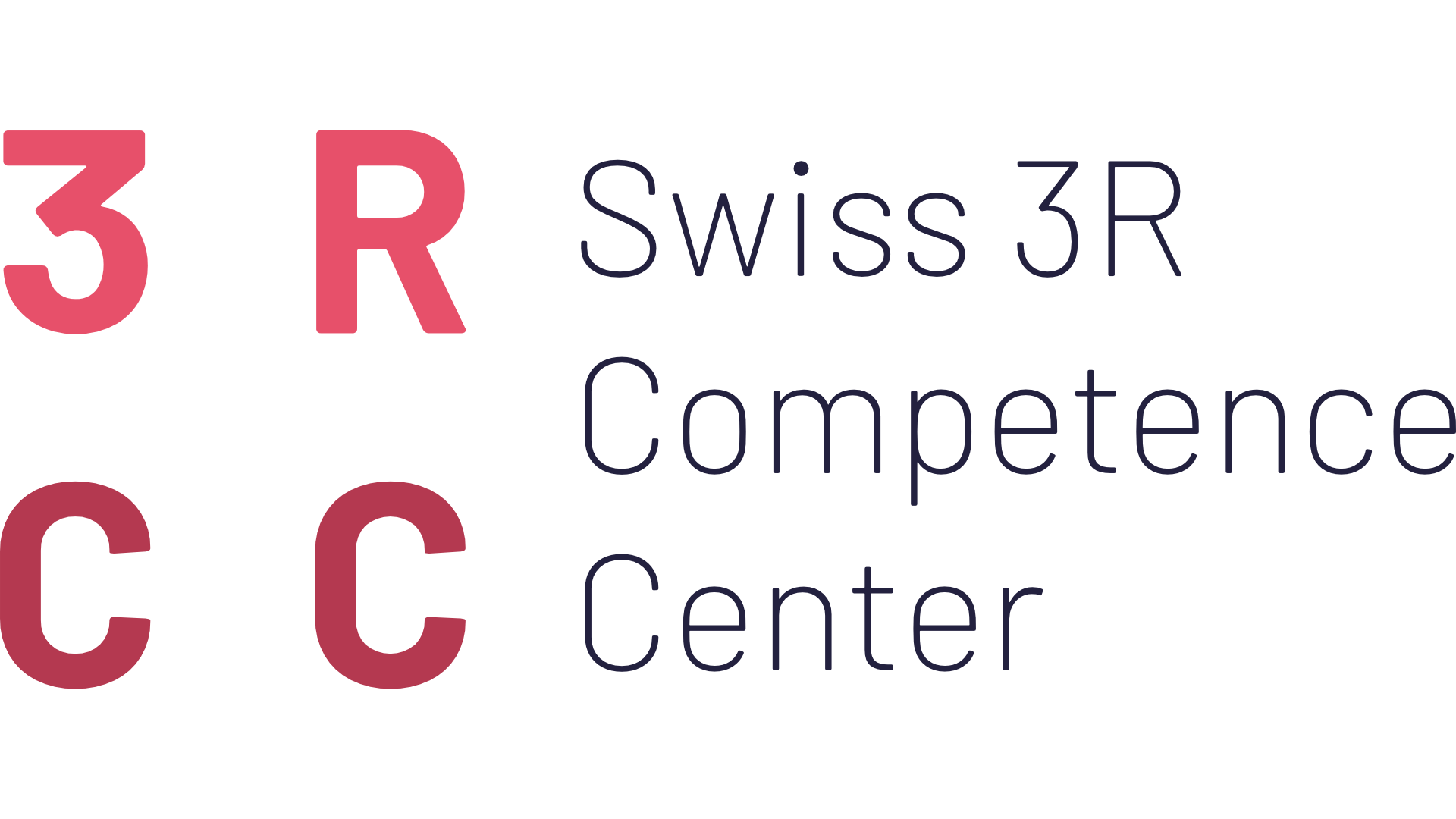BACKGROUND
Current Lung on-chip (LOC) models are promising but lack resident immune cells especially macrophages. Our main project of Lung-Microbiota on-chip (LMOC) aims to (i) reduce animal experiments (short-term) and (ii) completely replace murine models of lung bacterial colonisation (long-term). The iPSC Macrophages will form an important component in this 3D human cell model. The host lab has employed human iPSC-derived macrophages transplanted into mouse models. We will be the first to combine this with an animal-free approach to establish a model for studying lung bacteria colonisation and interaction with the immune system with scalable cellular complexity. This project will significant reduce animal testing and in the future potentially replace murine lung models for infection and colonisation. Using this LMOC model, we will obtain novel insights on long-term bacterial colonisation dynamics, pioneering effects, identify keystone species and dissect the lung immune state.
For this project we have agreed to collaborate with Prof. Dr. Nico Lachmann at the Hannover Medical School (MHH), Germany. This is the first time, DBMR Bern and MHH, Hannover will collaborate on this topic. The Lachmann group utilises experimental medicine such as stem cell and regenerative approaches to address problems in both cancer, genetic disease and infection in humans. They are a world leading group and one the best in Europe in development of new stem cell approaches and regenerative therapies. They are the pioneers in a continuous and mass production of human induced-pluripotent stem cell (iPSC) system standardised for the community and for consistent supply of macrophages for an array of applications such as important lung infections caused by bacterial pneumonia, tuberculosis, genetic lung diseases and cancer. Upon weighing in the existing expertise in both Switzerland and Europe, no other group has a more streamlined and transferrable approach.

